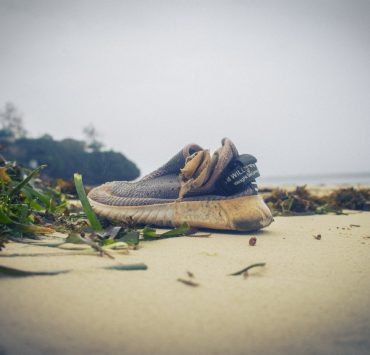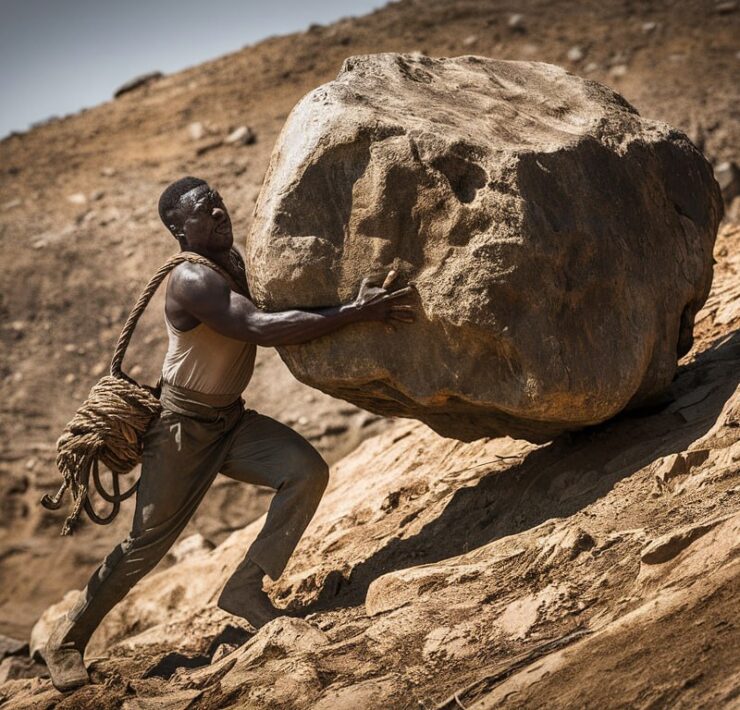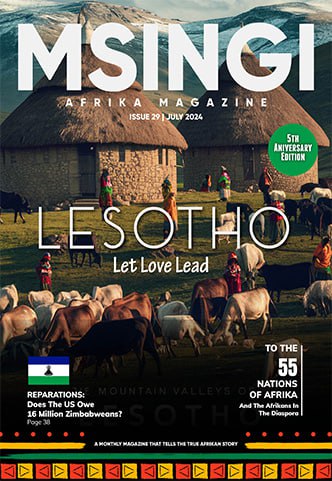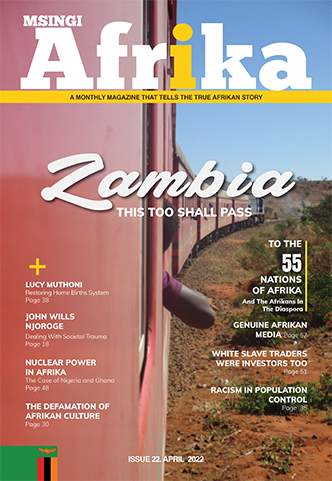NATION IN VIEW: SUDAN
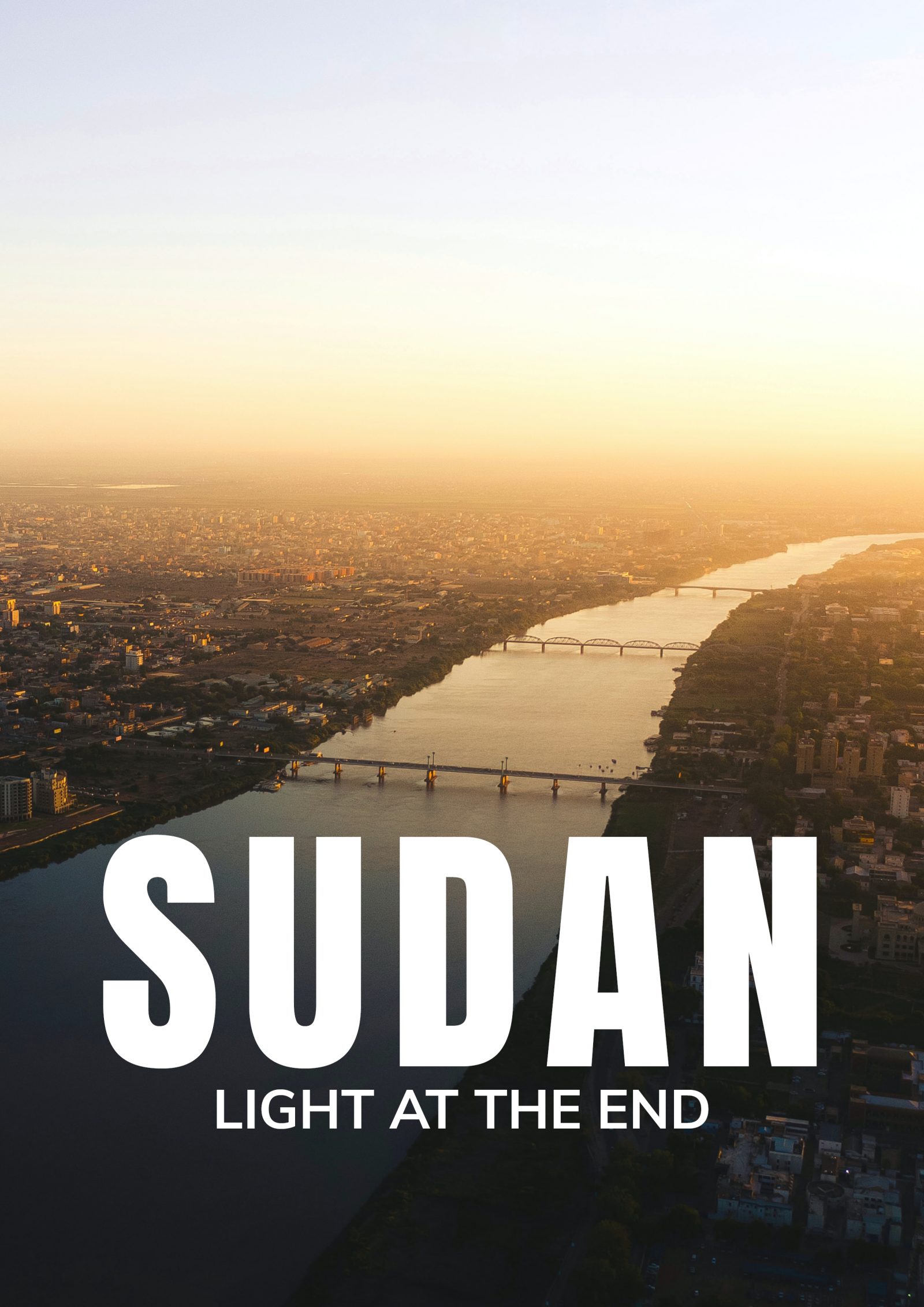
Samuel Phillips is a writer, graphic designer, photographer, songwriter, singer…
LIGHT AT THE END
In as much as we have stopped making this magazine into monthly ISSUES with a flip version, the usual writings of words for countries that have featured on the cover of each magazine issue, will not stop. It will just take a bit of a different approach in presentation.
Every nation in Afrika has or is still going through some level of internal problems ranging from wars to terrorism, food shortages, drought etc. And it’s not like it’s a menace that is strictly Afrikan, but it’s mostly a global issue we all are dealing with at various degrees and intensities.
It is no news that Sudan (different from it neighbor South Sudan) like every other Afrikan country has had her fair share of troubles. But this article is not about the troubles that Sudan has faced, but about her victories and what is possible at the end of the tunnel. It is about sharing with the Sudanese people that no matter what has happened over the course of the decades, and no matter how much has been lost to wars, civil unrest and the many other things that trouble a nation, light has come to lead the pathway of Sudan to greater heights.
Interestingly, as I write this article on light at the end of the tunnel for Sudan, I remember that the midwives that helped my wife and I birth our baby very recently, are Nubians from Sudan. But more interesting is the fact that the baby’s name is Mwangaza, which is the Swahili word for light. So, technically, the hands of Sudanese Nubians brought forth light and that is very significant to the purpose of this article in relation to light for Sudan. Indeed, it is time for the light of the Most High to shine upon the people of Sudan and the things that have been darkness and pain, shall be done away with.
Quick history of the nation of Sudan (North)
Sudan, country located in northeastern Africa. The name Sudan derives from the Arabic expression bilād al-sūdān (“land of the blacks”), by which medieval Arab geographers referred to the settled African countries that began at the southern edge of the Sahara. For more than a century, Sudan—first as a colonial holding, then as an independent country—included its neighbour South Sudan, home to many sub-Saharan African ethnic groups. Prior to the secession of the south in 2011, Sudan was the largest African country, with an area that represented more than 8 percent of the African continent and almost 2 percent of the world’s total land area.
Since ancient times the Sudan region has been an arena for interaction between the cultural traditions of Africa and those of the Mediterranean world. Islam and the Arabic language achieved ascendancy in many northern parts of the region, while older African languages and cultures predominated in the south.
The country became independent in 1956 and has had numerous changes in government since then. Successive regimes found it difficult to win general acceptance from the diverse political constituencies. An early conflict arose between those northern leaders who hoped to impose unity upon the nation through the vigorous extension of Islamic law and culture to all parts of the country and those who opposed this policy; the latter included the majority of southerners and those northerners who favoured a secular government.
From 1955 until 1972 there prevailed a costly and divisive civil war, fought largely in the south but punctuated by violent incidents in the north. The Addis Ababa Agreement of 1972 ended the conflict only temporarily, and in 1983 the civil war resumed. By this time the comparative lack of economic development in the south had become a new source of regional grievance, and northern leaders’ continuing attempts to Islamize the Sudanese legal system proved an even more potent source of discord. Attempts to end the civil war included numerous discussions, cease-fires, and agreements but yielded very little success until 2005, when the Comprehensive Peace Agreement ended the warfare. It also granted southern Sudan semiautonomous status and stipulated that a referendum on independence for the south would be held in six years. The results of the vote, held in January 2011, were overwhelmingly in favour of independence, and South Sudan was declared an independent country on July 9, 2011. Source: Britannica.com
Quick facts about Sudan
1. Pyramids are always associated with Egypt but do you know that Sudan is home to more pyramids than Egypt? In fact, it has world’s largest collection of pyramids in one place with over 200 pyramids.
2. The country’s name derives from the Arabic bilad al-sudan, which means “land of the blacks.”
3. It is in Sudan where Nile River is formed. The White Nile and Blue Nile are the two tributaries which merge at Khartoum, becoming the Nile River before flowing into Egypt.
4. The war in Darfur began in February 2003 between the nomadic Arab tribes encroaching upon the settled land of black-farming tribes. The conflicts escalated when Sudan’s government took the side of the nomadic Arabs, causing the non-Arab tribes to rebel. Around 400,000 are killed and more than 2.5 million people were displaced during the war. According to the United Nations (UN), civil war in Darfur region is seen as “one of the worst nightmares in recent history.”
5. With 114 native languages and more than 500 accents, Sudan has a diverse multilingual population.
6. Northern Sudan is very dry and prone to intense dust storms called haboobs that can black out the sun and cut visibility down to zero.
7. The conflict between Sudan and South Sudan is Africa’s longest civil war, lasting from 1955 to 1972 and again from 1983 to 2005. The war left over 2.5 million Sudanese dead and more than 4 million displaced.
8. Every country and culture has their own weird traditions. The Nilotic tribes in Sudan practice ghost marriages where a man may marry a woman as a stand-in for his deceased brother. This is done in order to continue the family lineage as the children that are born of this union will be considered descendants of the dead man. And as a result polygamy is widely practiced as the man can marry once for himself and for his dead brothers as well.
9. Sudan had one of the first and most active women’s movements in the African and Arab world during the 1960s–70s. It became the first country to have a female parliamentarian in Africa and the Middle East (1965) and female Minister of Health (1974). Sudan is also the first Muslim and Arab country to have female as a judge, cinematographer, football referee, army members and police officers.
10. Sudan’s president Omar al-Bashir is the first head of state to be indicted by the International Criminal Court for war crimes. He gave the fighting force known as Janjaweed free reign to fight against civilians in Darfur, which led to looting of food supplies, incidents of rape, and the burning of villages and mosques. The court issued warrants in 2009 and 2010 but the Sudanese government refused the arrest along with many other African countries on the grounds that it may destabilize Sudan.
11. Under Sudan’s sharia law, adultery and homosexuality are punishable by death. Engaging in premarital sex, drinking alcohol, and uttering blasphemy are also punishable by lashing. Apostasy―the conversion from Islam to Christianity― is a capital offense in Sudan.
12. Sudan is the world’s largest producer (80%) of gum arabic. It is a binding substance found in gum, shampoo, soft drinks, marshmallows, and many other common products.
13. Blue Bell wreck is a very popular site for divers in Sudan. It was created from a 1977 shipwreck when the cargo of Toyota cars, trucks, and tractors was scattered. It is also known as the “Toyota Wreck”.
14. There was once an underwater village in the Red Sea of Sudan. Famous oceanographer Jacques Cousteau created the project in 1962 to prove that it’s possible for humans to live underwater. Today, the remains of only the underwater garage are present.
15. Slavery is still a widespread problem in Sudan, with many children, women, and men subjected to forced labor, sex trafficking, or recruitment as child soldiers
16. Sudan is one of the poorest and least developed countries in the world, with 46.5% of the population live below the poverty line. (Copied from onhisowntrip.com)
Prayer for Sudan
With a most beautiful historical antecedent of how the ancient Afrika dealt with the world in trade, commerce, relationship and all, it makes sense to, instead of putting at the forefront the woes of the modern Sudan, we will celebrate what Sudan really stands for as an Afrikan enigma and pray that her light will again shine to tell the greatness of Afrika.
We are aware that every nation in Afrika needs a break from the many stories of woes and negative narratives that are pushed around. So, our prayer for you great people of Sudan is that, as the morning sun displaces darkness with its light and brightness, so shall the light of God the Almighty shine upon you to displace every form of darkness that has caused you pain and troubles. Sudan, even from its meaning “Land of the Blacks” is historically a symbol of the meaning of the Afrikan people and should be a worthy beacon of light and hope for Afrika. So, I pray that your light will shine, you great land and people of Sudan. God bless you and may the truth of who you are as a landmark of the glory of ancient Afrika also now manifest in the present.
What's Your Reaction?
Samuel Phillips is a writer, graphic designer, photographer, songwriter, singer and a lover of God. As an Afrikan content creator, he is passionate about creating a better image and positive narrative about Afrika and Afrikans. He is a true Afrikan who believes that the true potential of Afrika and Afrikans can manifest through God and accurate collaborations between Afrikans. Afrika is the land of kings, emperors, original wisdom, ancient civilizations, great men and women and not some road-side-aid-begging poor third world continent that the world finds joy in undermining.









